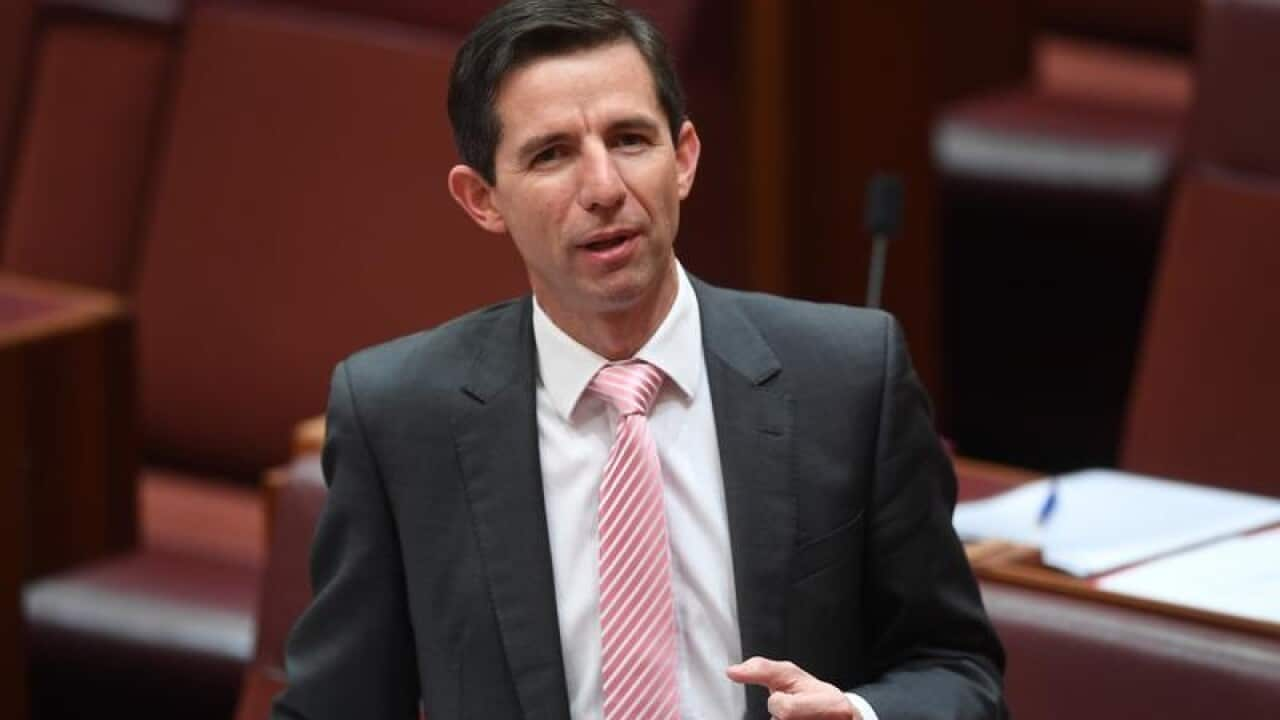The Turnbull government has slammed "doomsday statements" from universities about its planned funding cuts.
Education department figures released on Tuesday show the per-student amount from taxpayers over the next two years will be more than in past years when all universities posted surpluses, despite government plans to cut funding.
Education Minister Simon Birmingham says this shows universities should be able to find efficiencies in their operations because as recently as 2011 they successfully operated with far fewer students and less per-student funding.
"Despite some of the alarmist claims, this analysis shows that doomsday statements are simply empty rhetoric because efficiencies clearly exist," Senator Birmingham said.
"Surely there are economies of scale our universities can achieve and reductions in unnecessary discretionary expenditure they can apply to meet a modest slowing in the rate of growth of taxpayer funding?"
He's gearing up for a fight to pass the government's higher education overhaul, which includes cutting university funding with a 2.5 per cent "efficiency dividend" in 2018 and 2019.
The government wants universities to look at where their money is going, such as on spiralling staff costs or marketing that's not attracting students.
It argues under its plans, real per-student funding will be $18,958 in 2018.
The compares with $17,623 in 2009 when all universities had surpluses or $18,024 in 2011 when all but Central Queensland University did.
But the National Tertiary Education Union says historically the reason universities ran up surpluses was to fund building new facilities for students and research, instead of borrowing.
"That's a legitimate argument," policy co-ordinator Paul Kniest told a Senate committee hearing on Monday.
Vicki Thomson, who represents the Group of Eight research intensive universities, accused the government of releasing such research as a way of "muddying the waters" to send the sector off "responding to claims about rivers of gold or vice-chancellors' salaries or surpluses ... when we're wanting to talk about actually what sort of university sector do we actually want in this country".
The government's package also includes lifting student fees by up to $3600 over a four-year degree, lowering the threshold when graduates must start repaying debt, and tying a portion of funding to university performance.
The Senate inquiry will hear from more university heads, education department officials, and business representatives on Tuesday.
It's expected to report when parliament resumes in August, clearing the way for the bill to be debated.

